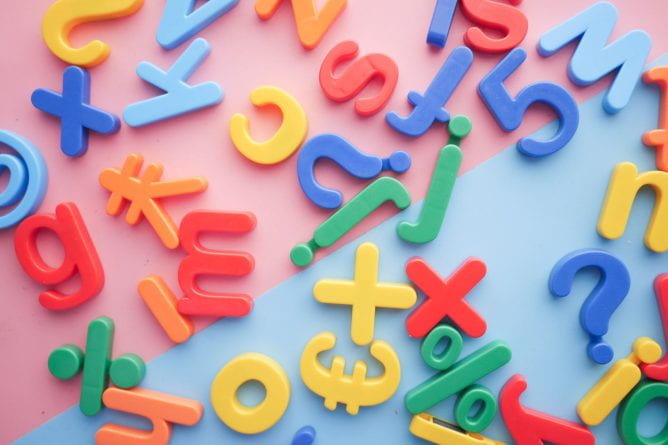At the recent Instructional Development Institute (IDI) 2023 Conference, our community came together to discuss the topic of student success. One common theme discussed was how instructors and staff can help students succeed in college. An answer that came up repeatedly within various sessions was to adjust our course design methods. While making changes to a course can seem a daunting task, supporting student success does not have to involve doing a large-scale course overhaul. Instead, making small, sustainable changes to a course or even to individual activities and assessments can help increase the chances of student success within the classroom. These small changes are also an easier and more realistic lift for instructors, and some of them can even be time saving overall. In this blog post, we will explore some examples of how including the transparency in learning and teaching (TiLT) framework and proper scaffolding can help reduce confusion and barriers between instructors and students when engaging with learning materials.
One of the easiest ways to include the TiLT framework within your course is to include detailed instructions for activities and assessments. Provide clearly written and detailed instructions to students on why an assignment is being given, what tasks students must do to complete the assignment or assessment, and what criteria will be used to grade their work. Assignment and assessment descriptions can be broken down into three clearly defined categories. ‘Purpose,’ ‘Task,’ and ‘Criteria for Completion’ or similarly named categories can help guide students through activities. At the end of the day, using the TiLT framework to make the “why” and “how” of your assignments and assessments more transparent to your students can also save time for you by reducing the number of emails or messages you receive from students asking for clarification.
Another way to easily incorporate TiLT is the inclusion of scaffolding using low-stakes assignments and assessments. Smaller scale, low-stakes assessments or assignments can scaffold towards a final summative assessment. By breaking the process up into smaller, more manageable chunks, students can more easily track deadlines, which can reduce procrastination. Making these assignments and assessments worth only a few points can also provide incentive to complete them, and act as a buffer towards the final grade. Lastly, scaffolded assignments can also cut down on plagiarism cases, as you will be able to see the student’s work as they progress towards the final deliverable for your course.
Using Canvas Rubrics to identify and explain assignment and assessment grading criteria and to show students what is required to complete an assessment is a third way to include TiLT within your course. This option can be used for both formative and summative assessments. You can also align rubric criteria to match with the expected outcomes of your course. Choosing to align course outcomes directly with course activities and rubrics also shows transparency in how different course elements will met expected course outcomes. The inclusion of detailed rubrics that match the expected outcomes for module assignments, discussions, or other assessments can help guide students through formative assessments. Rubrics can also show transparency in assessment purpose, goals, and completion in line with the TiLT framework, and are integrated with the Canvas Speedgrader to make grading assignments and assessments based on the rubric faster.
If you would like to learn more about how to use the TiLT framework to make small, sustainable changes within your own course design, feel free to contact the CATL office through email (CATL@uwgb.edu) or schedule a consultation with us. Interested instructors may also want to sign up for our professional training opportunity LITE 201: Trail Guides when it is offered in the summer. This course will walk you through creating modules, assignments, and assessments using Universal Design for Learning (UDL) and Transparency in Learning and Teaching (TiLT) for your own courses.



